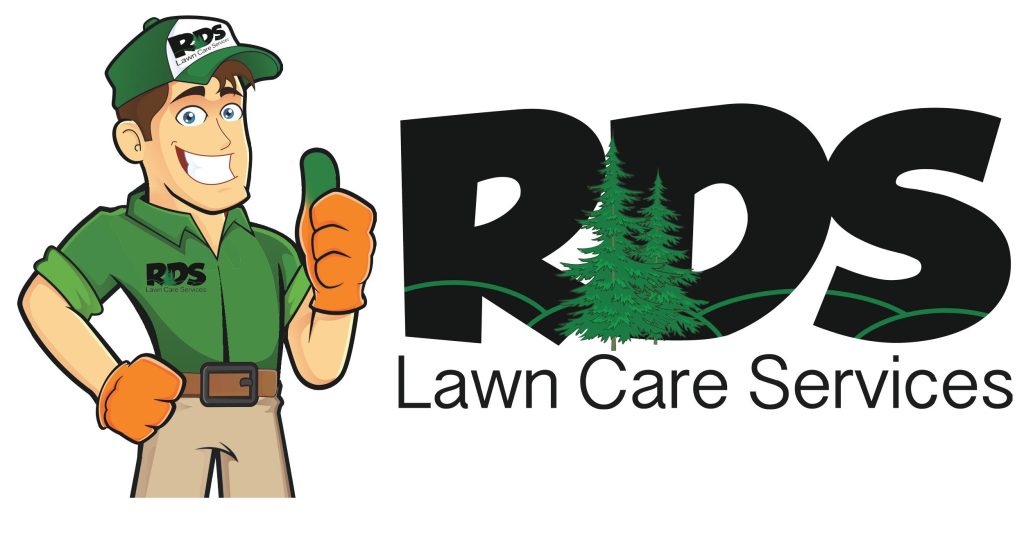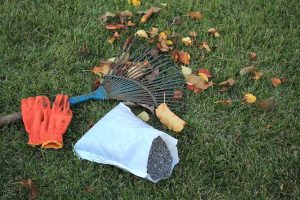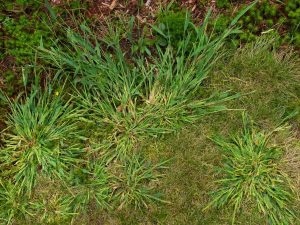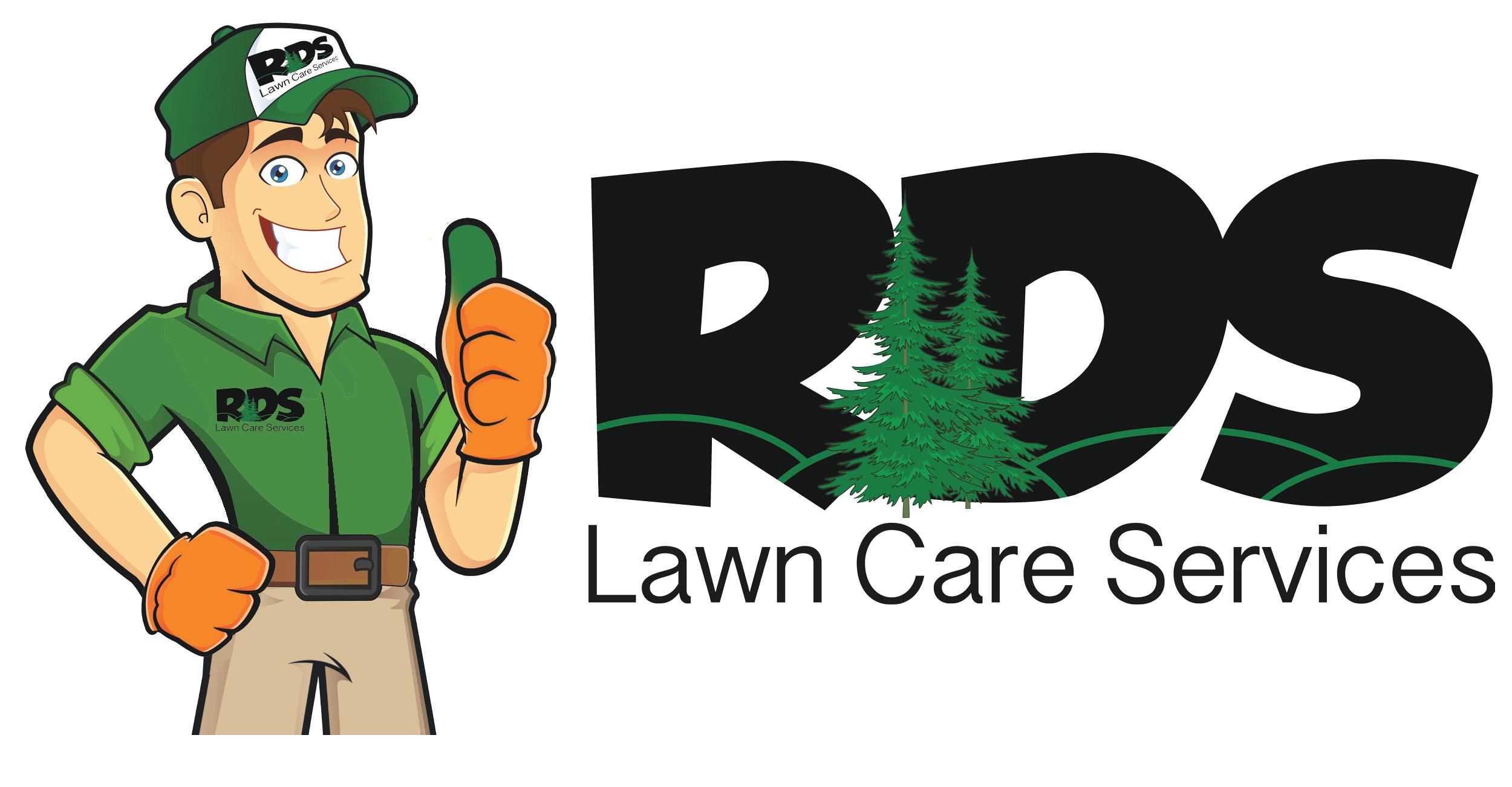
There are many different types of fertilizer on the market, and it can be difficult to decide which one is best for your lawn. Two of the most common types are granular fertilizer and liquid fertilizer. Both have their own unique benefits, so it can be tough to decide which one is right for you.
Join the RDS team as we will take a closer look at both types of fertilizer and help you determine which one is best for your lawn!
What Is Granular Fertilizer?

When we talk about granular fertilizer for your lawn, we mean dry granules that contain nitrogen, phosphorus, and potassium, as well as many beneficial micronutrients. These nutrients are essential for plant growth and health. Granular fertilizers come in the form of small pellets, and they are most appreciated for their slow-release delivery system.
What Is Liquid Fertilizer?

Liquid fertilizers, on the other hand, are liquid solutions that also contain many beneficial nutrients for your lawn and plants. They can be applied to your lawn either by spraying them or through a sprinkler system. Liquid fertilizers release their nutrients quickly and are great for getting quick results when you need it most!
So, What's The Difference?
People often ask us if granular and liquid fertilizers both accomplish the same goal. The answer to this question is… sort of.
The whole point of adding any type of fertilizer to your lawn is to improve the health and appearance of your grass, and both granular and liquid fertilizers will help accomplish this. In fact, if you look at the NPK ratio (nitrogen, phosphorus, potassium), you will notice that the same ratios of nutrients exist across all types of fertilizers.
The major differences come in the delivery method. Liquid options are sprayed and take effect immediately, but granular options must be watered-in to slowly release nutrients over time. Also, while the overall NPK ratio is not affected by the form/type of fertilizer, individual granules can not guarantee the exact same nutrients the way each drop of liquid fertilizer would. As they say, there are definitely pros and cons to each!
Pros & Cons Of Granular Fertilizer

Granular fertilizers are the better choice for anyone who wants to focus on the sustained health of their lawn, rather than getting quick results that may not be as permanent. The slow release of nutrients makes sure that the grass and soil will have access to all the essential minerals they need throughout the growing season. This type of fertilizer also tends to cost less over time, as a single application can last up to several months.
The downside is that granular options require more work in terms of application. As stated earlier, you must water them in after applying, or else you won’t get any benefit from them at all. This is made even more difficult if factors like high winds or foot traffic lead to the granules getting displaced.
Pros:
- Slow-release delivery system
- Cheaper in bulk
- Easy to store
- Longer shelf life
- Fewer applications
- Easy to see and monitor on lawn
Cons:
- Results take longer to see
- Must be watered into your lawn
- Varying nutritional content per granule
- Can lead to uneven growth
- Can lead to burning of turf in patches
- Requires clean-up on paved surfaces
Pros & Cons Of Liquid Fertilizer

Liquid fertilizers are the way to go for people who want immediate results. They tend to provide better consistency in terms of coverage and nutrient distribution. Liquid fertilizers also have the benefit of not being displaced by things like the wind or foot traffic, and they are as easy to use as pointing and spraying!
Unfortunately, liquid fertilizers do get absorbed very quickly, and they can even evaporate if they are left on top of your lawn for too long in the summer heat. This leads to the need for more frequent applications, which can be time consuming and a bit more costly.
Pros:
- Quick results
- Easy to apply
- Covers more ground
- Consistent nutritional content
- No clean up on paved surfaces
- Easier to tailor mixtures
Cons:
- Costly compared to granular fertilizer
- Frequent reapplications needed
- Shorter shelf-life
- Turf stress caused by rapid growth
- Can evaporate on hot day
- Will wash away in the rain
When To Use Granular Fertilizer

One of the most important times to use granular fertilizer is during the fall season. As we all know, leaves and tree debris litter lawns throughout fall. If you use a liquid fertilizer, the solution will quickly get absorbed by things other than your grass. Granular pellets last longer to sustain your lawn through the harsh cold, and they have the benefit of being able to reach down between and underneath fallen leaves or twigs.
- Use Granular Fertilizer For Winter Preparation! The high salt content in granular fertilizers can also help speed up the natural dormancy process of grass and bushes in winter, meaning less damage from the cold and snow.
When To Use Liquid Fertilizer

If you are trying to fertilize a new lawn for the very first time, liquid fertilizers are your answer! Due to the more even distribution of nutrients, as compared to granular options, liquid fertilizers help ensure that your new lawn will start out with even growth as seedlings start to emerge.
- Use Liquid Fertilizer For Spring Revival! Lawns that are coming out of winter dormancy, or that are just generally struggling, should use liquid fertilizer because it will start to work immediately to save your grass.
Professional Lawn Fertilization
Whether you are using granular or liquid fertilizers, nothing will get the job done like professional lawn fertilization services. Applying liquid fertilizer too often can be a danger to your grass, but not applying granular fertilizer correctly will lead to a patchy lawn.
Avoid the headache of having to choose which products to use or methods to follow, and call RDS Lawn Care for all your lawn fertilization needs in the Carolinas!




